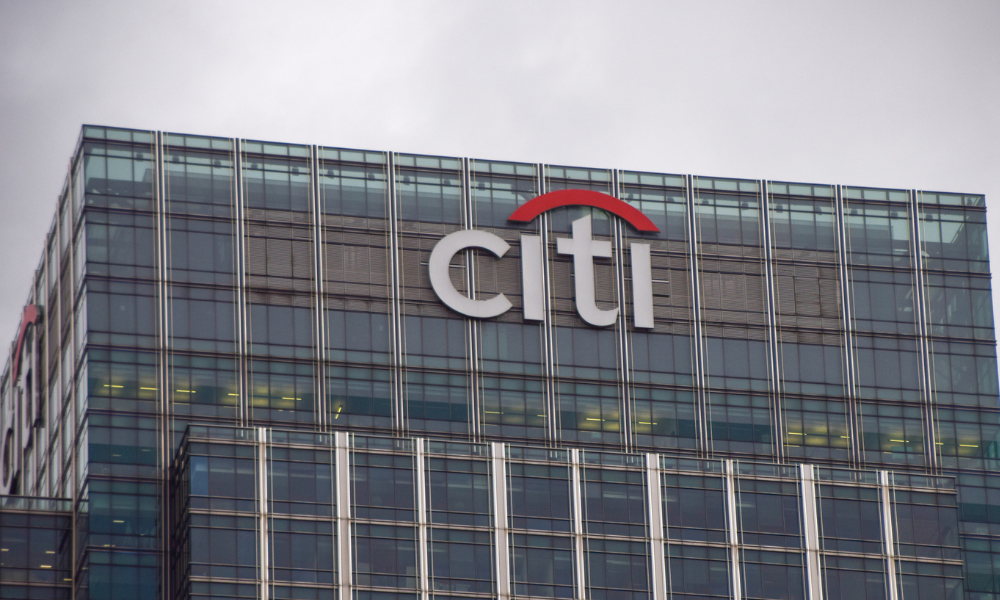

We know that the US population is aging and the same is true globally, but this is often put in context of a huge negative for the economy. But does that have to be the case?
A new report from Citigroup says that there are ways to maximize the aging population through financial resilience and encouraging longer participation in the workforce, boosting the economic participation of those who would historically be retired.
“Demographics are not necessarily destiny. While aging will no doubt influence outcomes for the economy and markets, there are ample mechanisms for the economy to adjust—or technology to innovate—in response to the challenges posed by demographics. For example, encouraging older workers to remain in the workforce for longer by providing more flexible employment contracts,” said Nathan Sheets, chief economist of Citi Global.
Citi Global Perspectives and Solutions compiled the report and challenge the narrative that the aging population will be dependent on a smaller working-age population that will not be sufficient to support the needs of older generations.
“One of the challenges of the combination of increasing life expectancy and declining fertility is the risk of many more elderly people becoming dependent on a declining workforce,” said Professor Ian Goldin, Oxford University Professor of Globalization and Development and director of several research programmes at the Oxford Martin School. “Governments and firms need to explore how to allow people to work in different ways and to develop much more flexible retirement and seniority structures to ensure demographic change is embraced as an opportunity rather than crippling families and economies.”
While the impact of aging cannot be ignored – the report notes the importance of supporting healthy aging and shifting to a more preventive healthcare system in maximizing the growing cohort of over 65s – financial planning and financial inclusion are also vital to ensuring that older people are not reliant on state benefits.
“The over 65 population has grown rapidly over the past decade in the U.S. alone, resulting in an ever-increasing need for financial planning to ensure we can build ourselves sustainable financial futures over decades,” said Gonzalo Luchetti, Citi Head of US Personal Banking.

Rajesh Markan earlier this year pleaded guilty to one count of criminal fraud related to his sale of fake investments to 10 clients totaling $2.9 million.

From building trust to steering through emotions and responding to client challenges, new advisors need human skills to shape the future of the advice industry.

"The outcome is correct, but it's disappointing that FINRA had ample opportunity to investigate the merits of clients' allegations in these claims, including the testimony in the three investor arbitrations with hearings," Jeff Erez, a plaintiff's attorney representing a large portion of the Stifel clients, said.

Chair also praised the passage of stablecoin legislation this week.

Maridea Wealth Management's deal in Chicago, Illinois is its first after securing a strategic investment in April.
Orion's Tom Wilson on delivering coordinated, high-touch service in a world where returns alone no longer set you apart.
Barely a decade old, registered index-linked annuities have quickly surged in popularity, thanks to their unique blend of protection and growth potential—an appealing option for investors looking to chart a steadier course through today's choppy market waters, says Myles Lambert, Brighthouse Financial.
